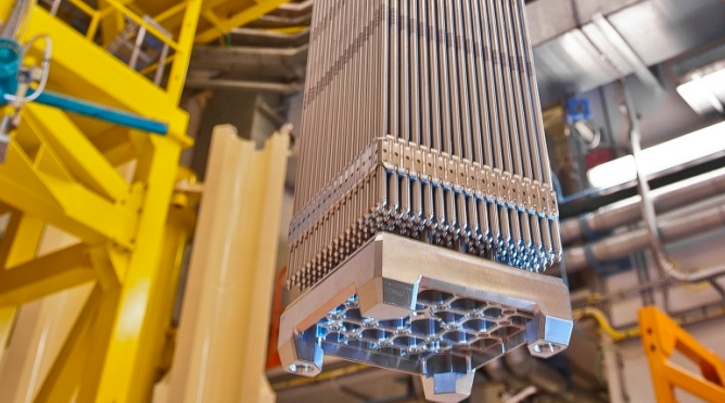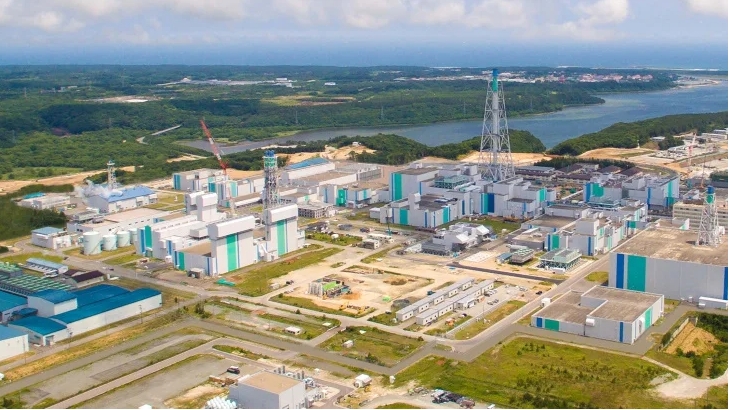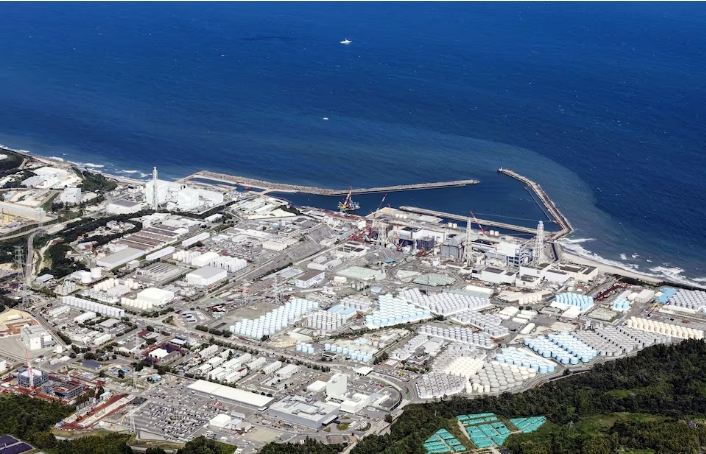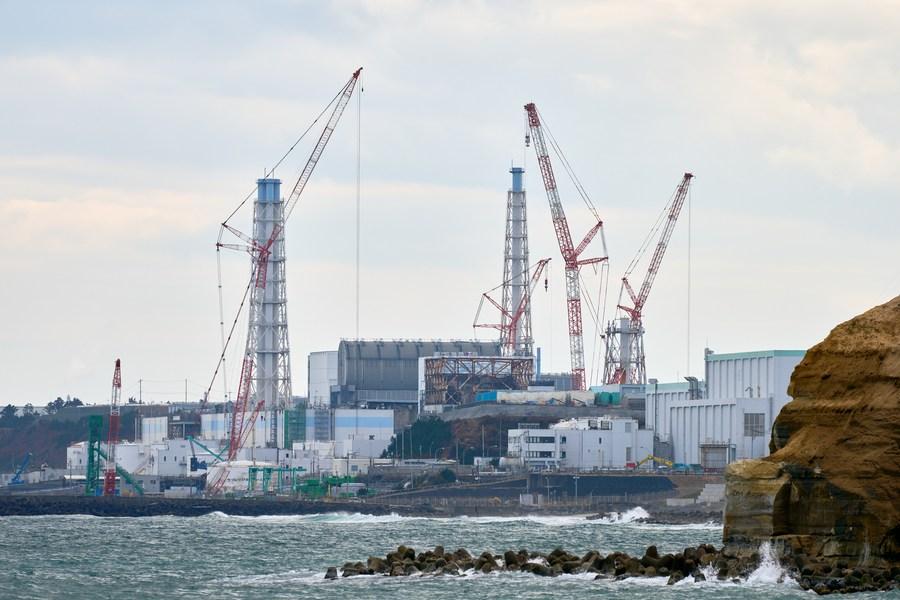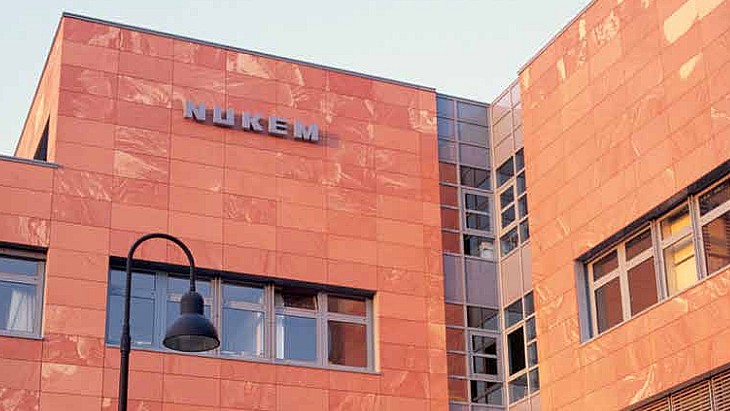Moixa, a smart battery and electric vehicle (EV) charging software developer, and Honda are unveiling a smart EV charging project with Islington Council to optimise its vehicle fleet.
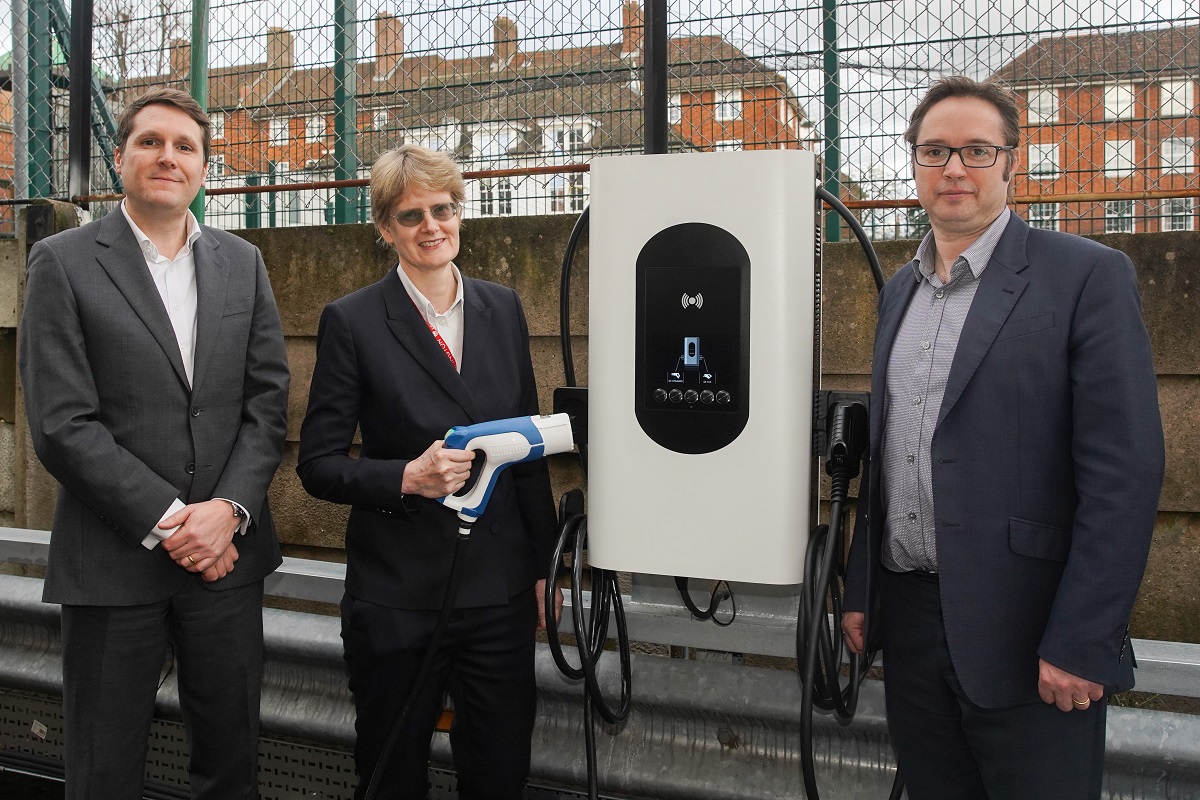 Matthew Waite from Honda, Councillor Rowena Champion and Chris Wright from Moixa unveiling the smart EV charging project. Source: MoixaNext
Matthew Waite from Honda, Councillor Rowena Champion and Chris Wright from Moixa unveiling the smart EV charging project. Source: MoixaNext Five bi-directional vehicle to grid (V2G) chargers, manufactured by EVTEC and jointly developed with Honda, will be installed with Moixa’s GridShare software outside Islington Town Hall in central London.
The project aims to reduce harmful air pollution, cutting the cost of essential services and helping Islington achieve its 2030 net-zero carbon emissions target.
Moixa and Honda will support Islington Council to achieve its ultra-low emissions zone (ULEZ) standard across its fleet of more than 500 vehicles. The council’s goal is to electrify all its vehicles including waste collection trucks and and smaller transport cars, cutting 1,400 tonnes of carbon dioxide emissions from local air pollution every year.
Moixa chief technology officer Chris Wright said: “The EV revolution will put millions of ‘batteries on wheels’ on our roads in the next decade.
“By using AI-driven charging technology, we can intelligently manage these fleets of batteries, securing lowest-cost charging and highest-impact carbon savings,” he added.
Moixa’s GridShare software is part of smart charging stations, which acts like a virtual power plant (VPP), helping the grid maintain a stable frequency to avoid blackouts or overloading. It enables real-time aggregation and smart charging of EV batteries by optimising their charging patterns based on factors such as driver behaviour, cost of energy, and weather forecasts.
The system works as it charges the EV batteries when power on the local network is cheapest and cleanest and discharges power from the car batteries when it is most expensive and carbon intensive. When EVs are plugged in to all of the chargers, the smart technology can provide enough power to cover the whole town hall base load.
Honda Motor Europe project leader of energy management Jorgen Pluym said: “As the shift towards electrification accelerates, we must continue to innovate with projects like these – helping to drive awareness and uptake of charging solutions and advanced vehicle-to-grid technologies.”
The companies believe that the smart charging solution can be applied to all local authorities and businesses with large vehicle fleets. Currently, there are 4,844 council-managed vehicles in London – 90% of which are diesel and will need to be removed from the capital’s roads in the coming years to meet air pollution targets.
